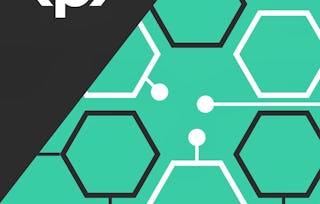Updated in May 2025.
This course now features Coursera Coach! A smarter way to learn with interactive, real-time conversations that help you test your knowledge, challenge assumptions, and deepen your understanding as you progress through the course. Dive deep into unit testing in .NET Core with this guide, featuring NUnit and xUnit. Starting with a solid foundation, you'll understand the principles of manual and automated testing, the advantages of automation, and the necessary tools. The initial modules will set you up with a strong base in different types of tests and the testing pyramid, preparing you for hands-on projects. As you progress, you'll create and run your first unit tests using .NET 6, MSTest, and NUnit, followed by debugging and asserting. Advanced concepts like combining unit tests with expected results, asserting various data types, and setting up global initialization for classes will enhance your skills. Assignments and solutions provide practical experience, ensuring you can handle real-world scenarios effectively. The course also delves into advanced NUnit concepts, Moq framework integration, and xUnit testing. You'll learn to handle collections, exceptions, and inheritance in NUnit, use Moq for mocking dependencies, and perform extensive xUnit tests. Real-world examples will solidify your understanding and prepare you for professional application, making you an expert in .NET Core unit testing. This course is designed for .NET developers, QA engineers, and IT professionals seeking to master unit testing in .NET Core. Basic programming knowledge and C#, .NET Core, EF Core skills is recommended.















